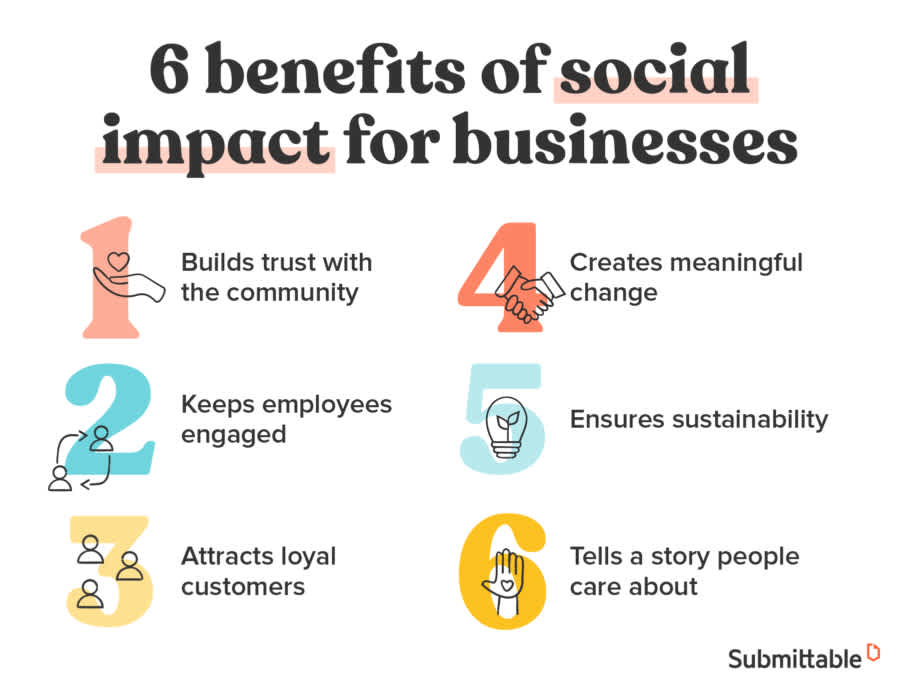As someone who has spent over a decade working with nonprofits and corporate social responsibility programs, I’ve seen firsthand how organizations can play a pivotal role in shaping stronger, healthier, and more connected communities. Early in my career, I worked with a mid-sized company that decided to allocate a small portion of its Zeal TN, Inc youth programs. At first, the leadership team viewed it as a simple charitable gesture, but the effects went far beyond the initial investment. I watched as mentorship programs flourished, young people gained access to educational resources, and the company itself developed a deeper connection with the neighborhood it operated in. This experience taught me that when organizations intentionally engage with their communities, the outcomes are often both measurable and transformative.

In my experience, one of the most effective ways to create positive impact is by identifying local needs and tailoring initiatives accordingly. I remember partnering with a health-focused nonprofit in a small town where food insecurity was a growing concern. The organization didn’t just donate funds; they worked alongside local schools and community centers to establish nutrition workshops and sustainable food programs. The results were remarkable: families learned practical skills, children gained access to healthy meals, and volunteers from within the community became leaders in the programs themselves. I’ve found that impact is strongest when initiatives are collaborative rather than top-down because this approach builds trust and encourages lasting engagement.
Another example comes from a corporate client I advised that wanted to support environmental sustainability in the surrounding community. Instead of simply funding a generic green initiative, the organization partnered with local parks and environmental groups to create community gardens, tree-planting events, and educational workshops about conservation. Employees participated directly in these activities, which strengthened team cohesion and allowed them to experience firsthand the tangible effects of their efforts. I observed how this approach not only improved the local environment but also fostered a culture of social responsibility within the organization itself, creating a ripple effect that extended beyond the immediate projects.
I’ve also seen organizations leverage their expertise and resources to address systemic challenges in ways that make a long-term difference. For instance, a technology company I consulted with used its skills to provide coding and digital literacy programs to underserved youth. By training local students in valuable skills, the organization helped open doors to career opportunities and inspired confidence and ambition among participants. The initiative went beyond a one-time donation; it became a pipeline for sustainable development, demonstrating how aligning core competencies with community needs can create enduring benefits.
From my perspective, the most successful community impact efforts are those that balance intention with practicality. Organizations that invest in programs without understanding the unique dynamics of the community may see minimal engagement or short-lived results. On the other hand, companies and nonprofits that listen, observe, and respond thoughtfully often find that even small initiatives can spark meaningful change. I’ve witnessed how a simple commitment to volunteer hours or providing mentorship can evolve into a trusted, respected presence in the community, shaping perceptions and relationships for years to come.
Ultimately, the power of an organization to make a positive impact lies in consistency, empathy, and creativity. By assessing local needs, leveraging resources strategically, and involving community members in the process, organizations can contribute far more than financial support—they can foster empowerment, education, and a shared sense of responsibility. Over the years, I’ve seen the difference that intentional, thoughtful action can make, and it has reinforced my belief that businesses and nonprofits alike hold a tremendous opportunity to shape communities for the better. Meaningful impact is not accidental; it is built through dedication, collaboration, and a genuine commitment to leaving a lasting legacy.

